In Photos: The Stunning Sea Life 'Stars' of 'Big Pacific'
Purple sea urchin
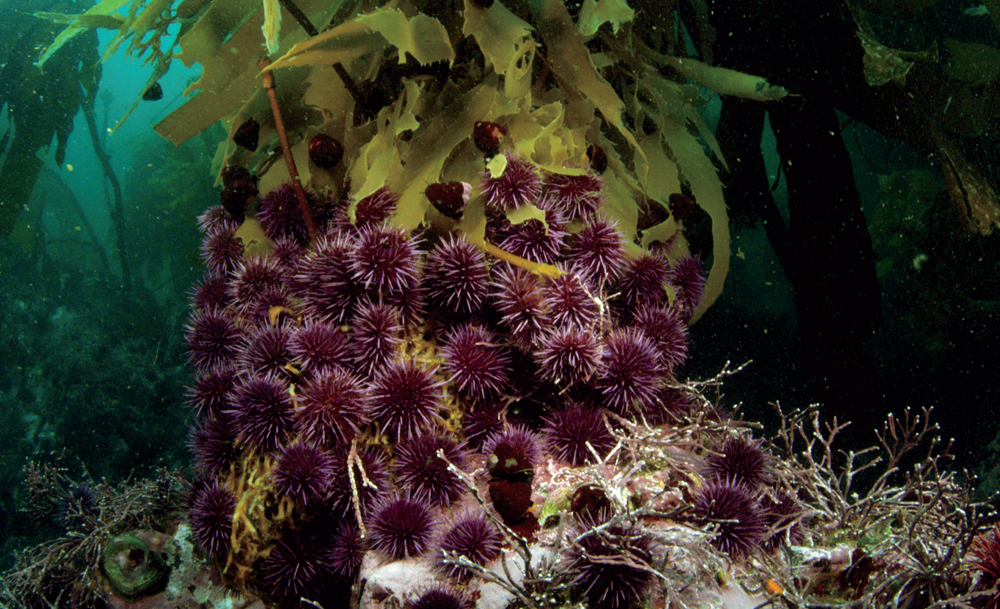
The Pacific Ocean, as we know it, was named by Portuguese navigator Ferdinand Magellan in 1520. Along the eastern edge of the Pacific extending from Ensenada, Mexico to British Columbia, Canada, the purple sea urchin lives in lower inter-tidal and near-shore sub-tidal communities.
Red lionfish
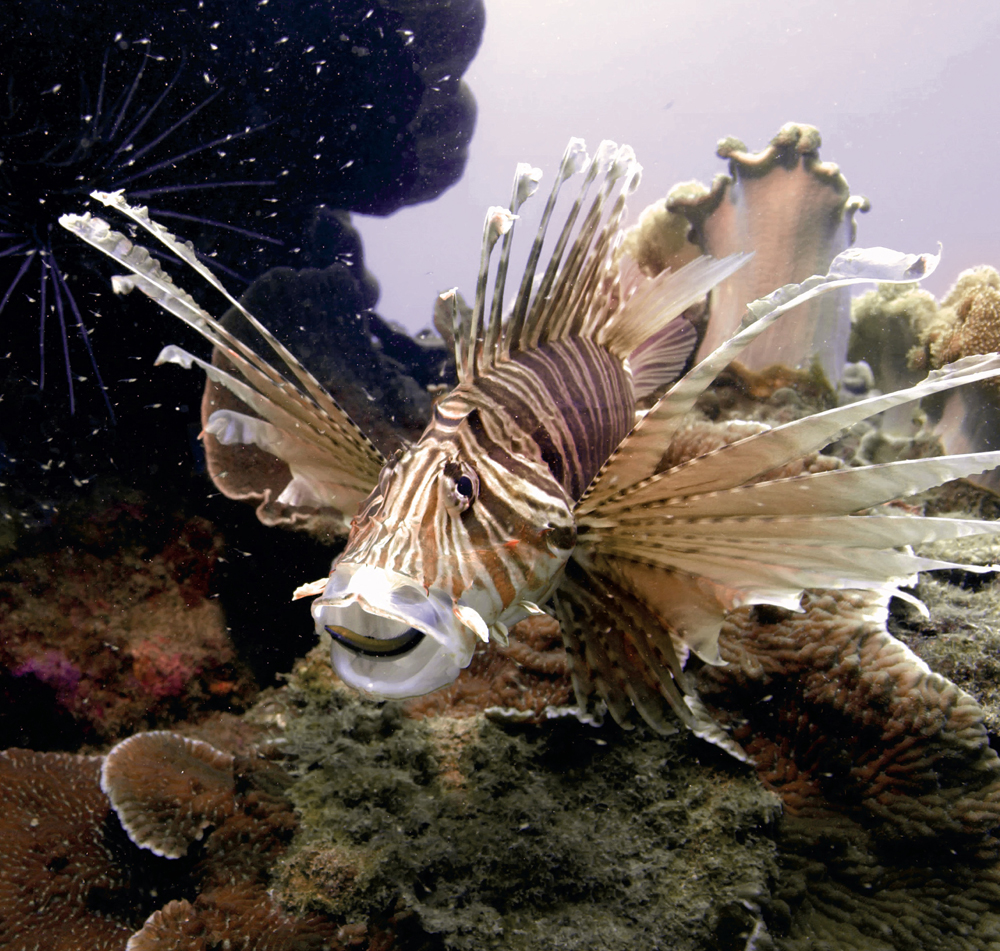
The Pacific Ocean has an average depth of 14,040 feet (4,280 meters). The red lionfish, a venomous coral reef fish, has been found in depths of 300 feet (91 meters) and is native to the Indo-Pacific region.
Red lionfish
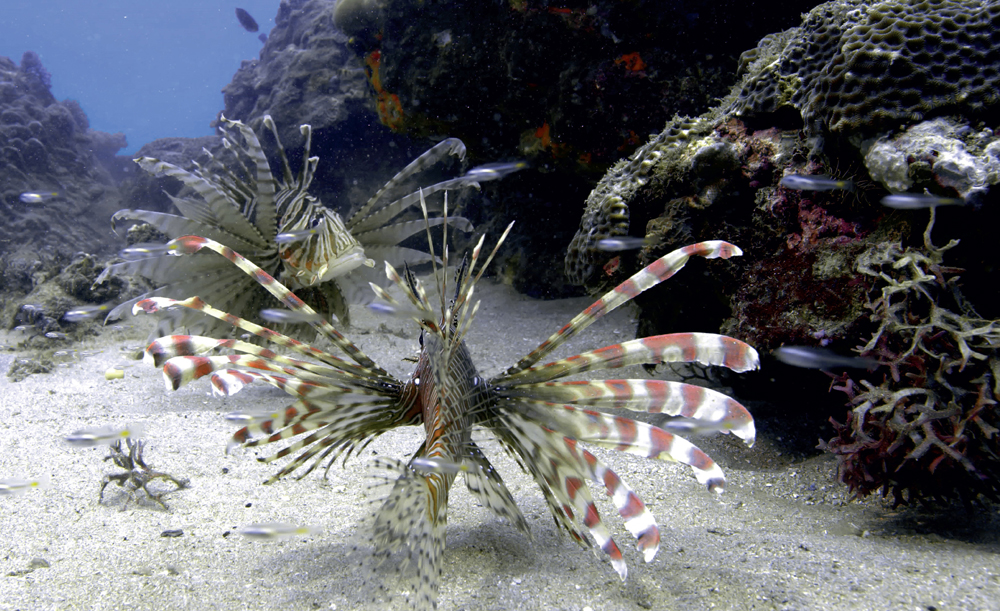
People have braved the challenges of the Pacific Ocean for millennia, interacting with creatures around the world and often affecting their habitats. Red lionfish, which are native to the Indo-Pacific, have been introduced in other locations, where they often outcompete native species.
Sally lightfoot crab
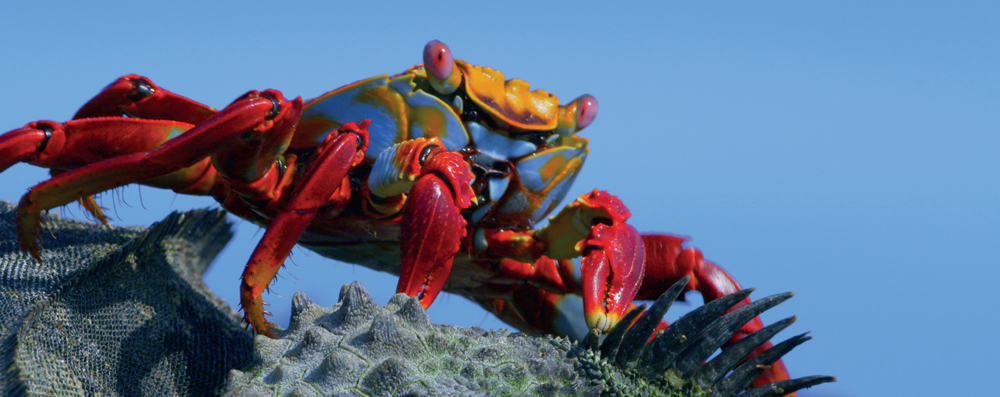
Animal diversity in the Pacific Ocean encompasses creatures that are unique and varied. The Sally Lightfoot crab is common along the coast of the Americas, as far south as northern Peru.
Saltwater crocodile
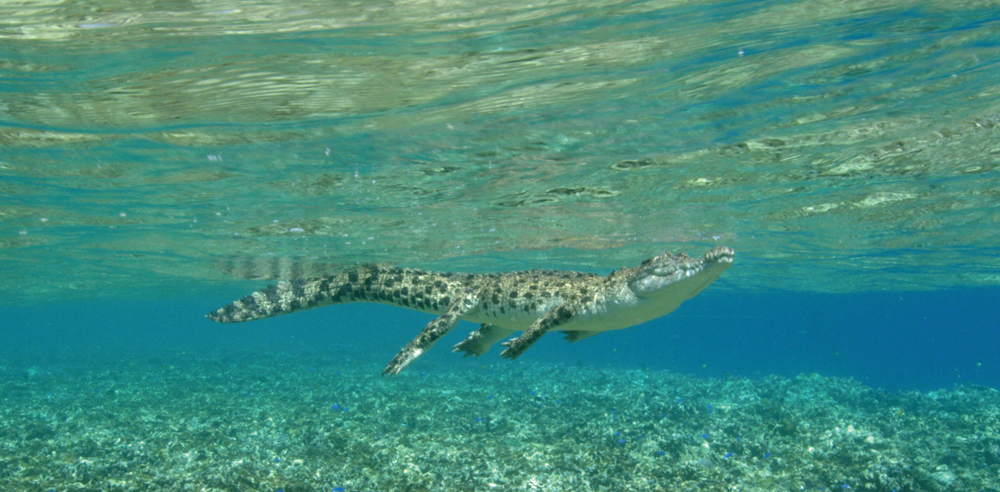
The Pacific Ocean conceals the deepest point on the planet — 7 miles (11 meters) below the surface. A denizen of shallower depths, the saltwater crocodile can travel long distances at sea, and there are established populations living as far south as Australia and as far north as Bangladesh.
Shortfin mako shark
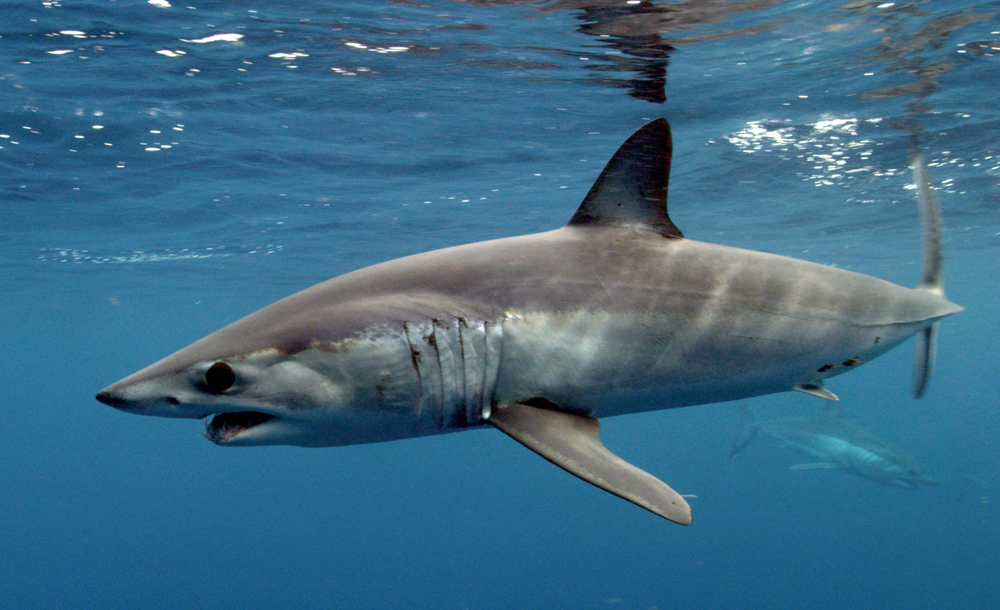
The size of the Pacific Ocean means that many of its unique species are out of reach to researchers and much is yet to be discovered even about species that have been studied for decades. Shortfin mako sharks such as this one are found in temperate and tropical waters, and the species is known to be fastest-swimming shark.
Tuatara
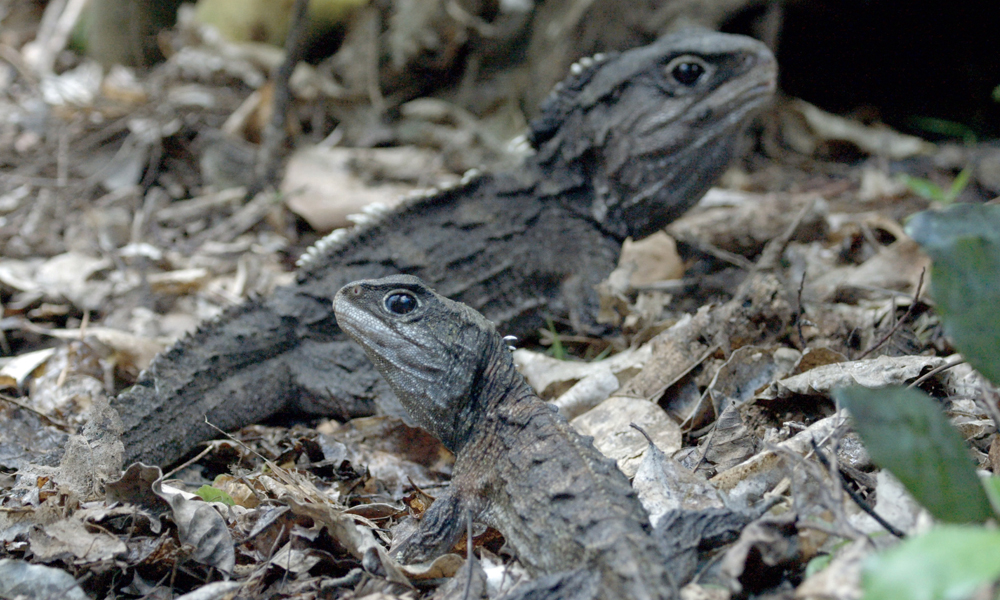
Researchers work to uncover some of the Pacific's most guarded secrets through exploration and study. The Tuatara, a lizard-like creature endemic to New Zealand, is the last surviving member of its order.
Sign up for the Live Science daily newsletter now
Get the world’s most fascinating discoveries delivered straight to your inbox.
Turtle tomb
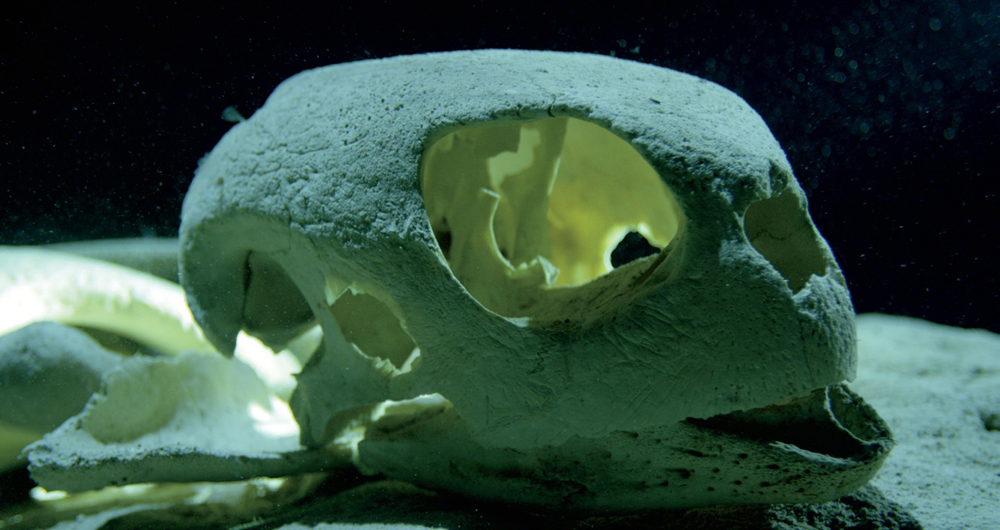
The Pacific Ocean, while home to many species, is also a graveyard to many more. This skull is part of a mass turtle graveyard deep beneath the Pacific waves in the state of Sabah, Malaysia, underneath the island of Borneo.
A shell of his former self
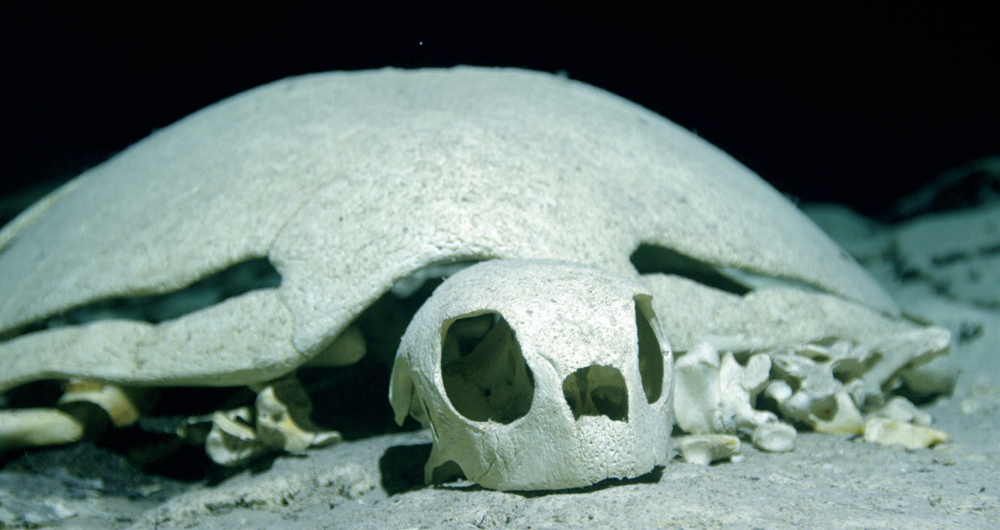
In a network of underwater caves located 60 feet (18 meters) below the ocean's surface, lie dozens of turtle fossils.
Mysterious bones
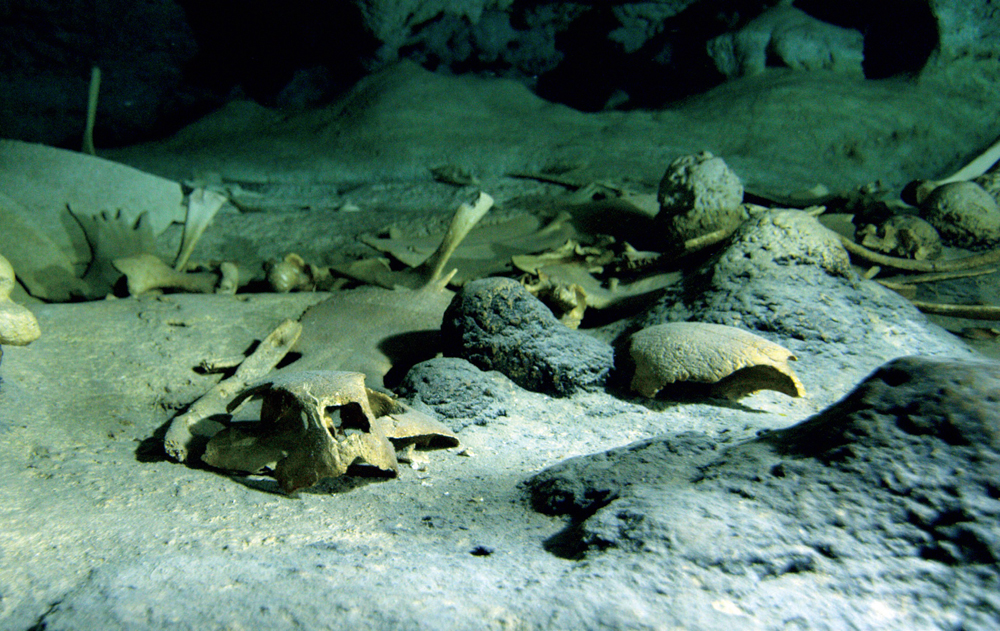
How these turtles met their end and why so many died in this cave are two of the many mysteries of the world's biggest ocean, the documentary "Big Pacific" shows.









